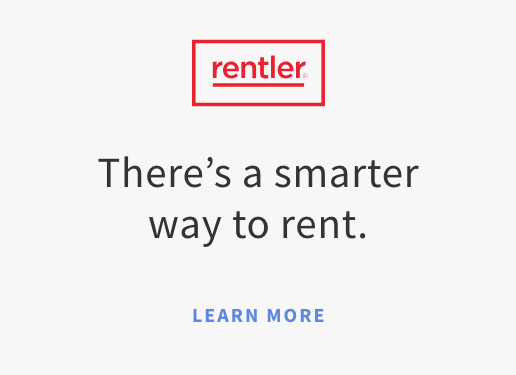April was supposed to be one of the most challenging months for the American renters. According to the Pew Research Center study, 28% of respondents have lost their jobs because of the coronavirus outbreak. Such big numbers are obviously going to affect the rental industry, but the majority of renters still managed to pay rent on time or delayed the payment just for a couple of days.
Rent payments rose to 84% by the second week of April. Whether it’s due to the emergency savings or landlord’s charging only some portion of the tenant’s rent, April wasn’t as bad as predicted.
But what does the coming month hold for us?
Millions of tenants are still worried about being unable to pay even half of May rent. Many are planning to build solidarity with their neighbors who can’t pay rent, even though they aren’t personally experiencing major financial difficulties at this point.
But is a rent strike the best solution?
For many organized groups, a rent strike is a looming possibility during the COVID-19 crisis. However, rent strikes can have serious repercussions and some tenants are looking for alternative options to make sure they remain sheltered.
Here are a few other options:
Communicate with your landlord
If your landlord hasn’t offered it yet, you might want to ask them about possible rent reduction for the duration of the outbreak.
Along with moratoriums on evictions and foreclosures, federal mortgage relief loans are available in most of the states. Your landlord is likely aware of that and may have already qualified for aid.
Additionally, the Coronavirus Aid, Relief, and Economic Security (CARES) Act protects homeowners with a federally backed mortgage. Other property owners seek financial assistance through their mortgage service or credit card company.
If the mortgage is already paid off, your chances of getting a positive response to rent reduction inquiries are much higher. The thing is, rent will be still due and a few will be able to pay two or three months’ worth of back rent.
Though landlords are as stressed out as anyone else during the crisis, many are still ready to lend a hand. News stories about landlords helping their tenants in the time of the pandemic are proof.
Apply for unemployment benefits
If you’ve lost your full-time or part-time job due to the coronavirus pandemic, you’re eligible to file for unemployment. It’s also possible to file for partial unemployment if your work hours have been cut or regular wages have been significantly decreased due to the pandemic.
An average unemployment payout varies by state. In Washington state, for instance, the maximum weekly benefit is $790 while the minimum amount is $188.
Most Americans are also getting a stimulus check of up to $1200 per adult. This payment from the federal government aims to provide financial support for the citizens affected by the lockdown.
In most cases, the amount is used to cover essential expenses like groceries and utilities. But only one in four Americans say they’ll use coronavirus stimulus checks on rent and mortgage.
Here’s the guide on how to track your check status through the IRS portal.
Find out how your neighbors are dealing with the situation
Remember that most tenants are struggling to pay May rent. The financial responsibilities may differ, but we’re all in the same boat. Many have lost their steady income or are about to close their small business. Thus, your landlord might also be feeling the crunch. So prior to mobilizing for a rent strike, get the overview of how the neighbors are managing the crisis and talk through possible solutions that won’t destroy your relationship with the landlord.
See if you can use your security deposit
You know that deposit you paid when you moved? Many landlords have decided to use those deposits to pay rent in the coming months. If your landlord agrees, you can draft up an agreement to pay back the deposit in installments in the future.
A rent deferment plan is another option for immediate aid- it allows you to skip a month of rent and pay it back at a later date.
Hopefully, these tips will shed some light on the possible solutions to better handle the crisis. Do you have any other tips that might be helpful for the tenants facing similar difficulties?




